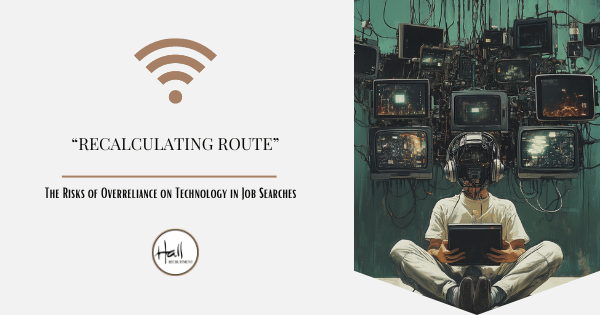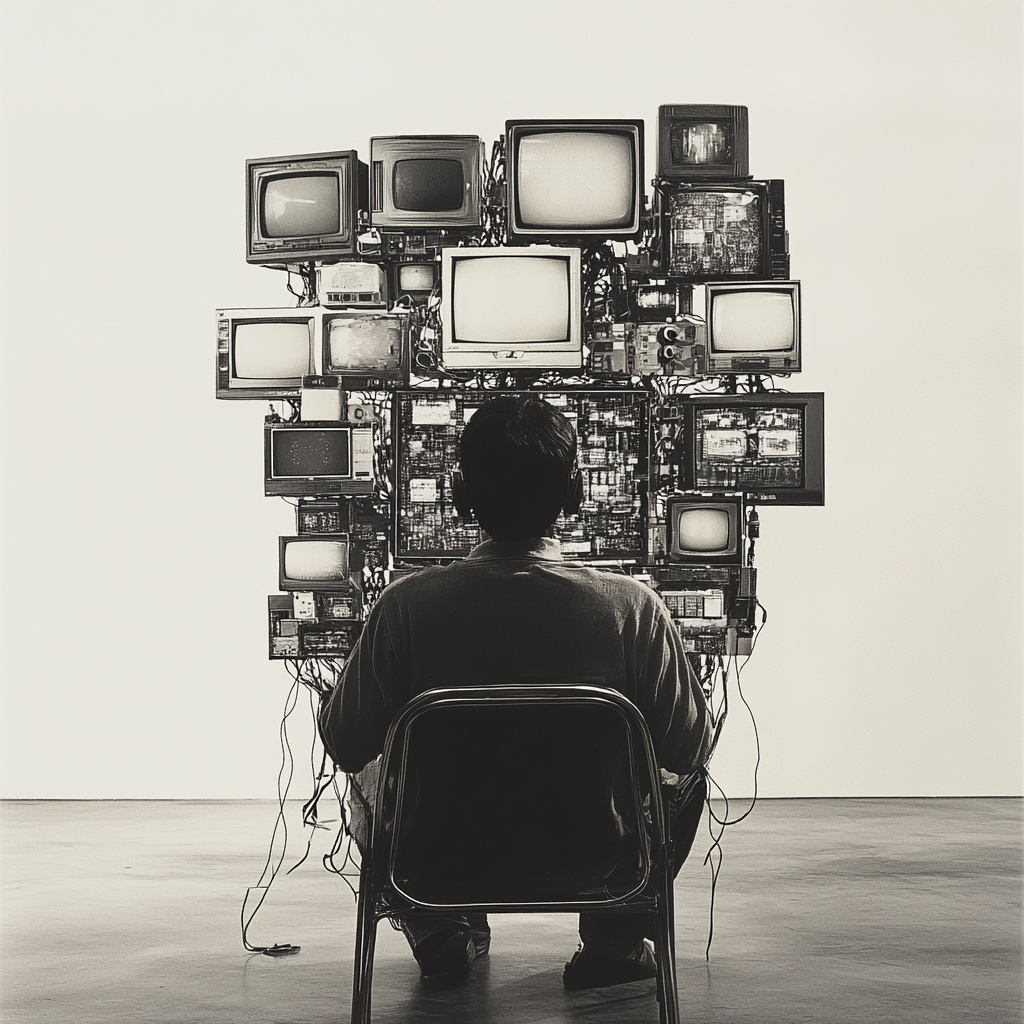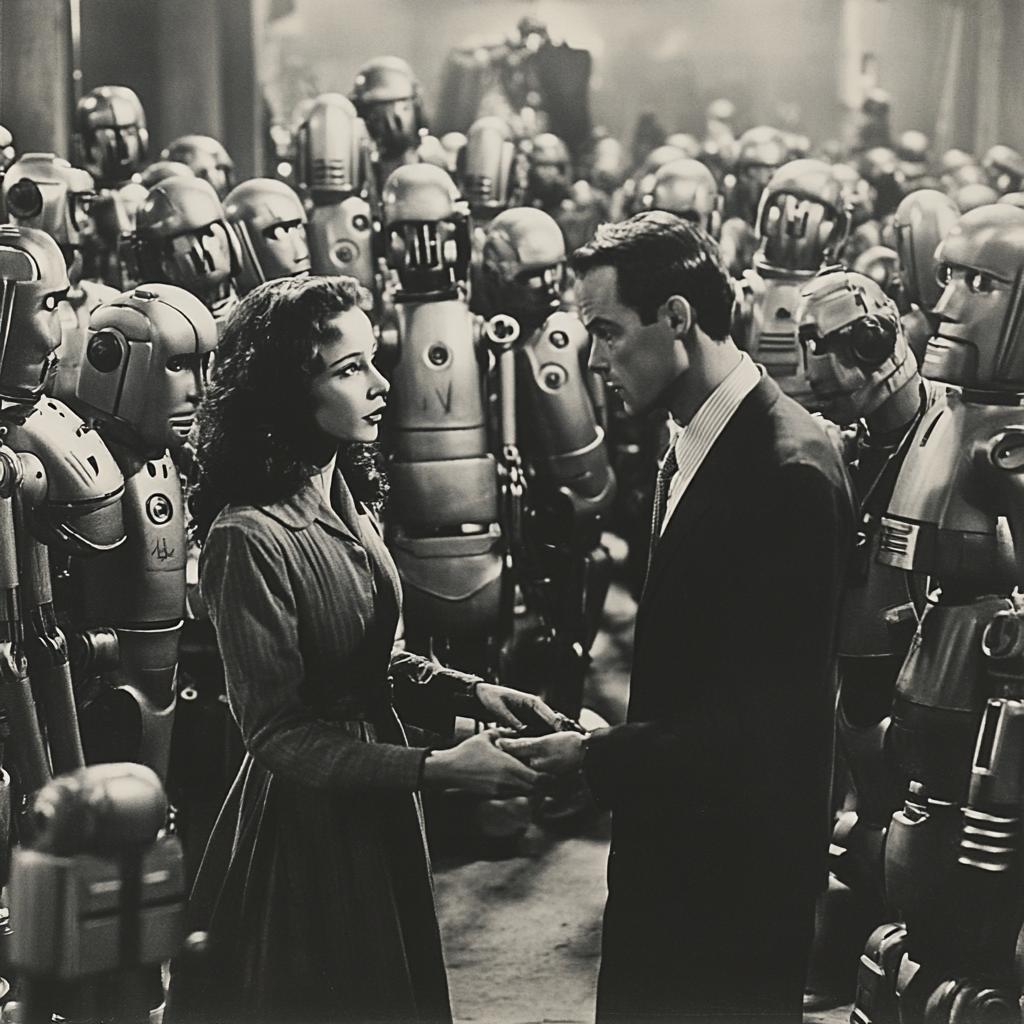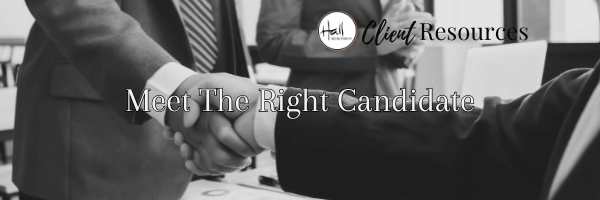#MagpieMentality #LearnFromTheirMistakes

Learn From Their Mistakes:
Magpie Mentality
Still Job Hunting…Or Just Hoarding Offers?
The Repeat Offender: When Job Applications Turn into Spam
In every recruiter’s inbox, there’s a name that appears more often than a Lidl leaflet. You know the one. They’ve applied for the HR Assistant role, the Night Shift Facilities Technician, and somehow, the Mandarin-speaking Legal Counsel position—all in the same week.
We call them repeat offenders. Also known as serial appliers, application addicts, or, if we’re being honest, our inbox’s biggest nuisance because of their Magpie Mentality.
Before we go any further—let’s be clear: this isn’t about keen jobseekers actively engaging with opportunities. We love those people. This is about the ones who apply to anything with a “€” in the salary field. And if you’re active on the market right now—this is your warning.
Recruitment Agencies Are Not Job Centres
Say it with us now:
🗣 Recruitment agencies are not job centres.
We are not publicly funded. We are not paid per click, per application, or per CV review. In fact, we only get paid after the person we place survives probation, which can be anything from 3 to 9 months. So, when you’ve had more jobs this year than hot dinners, we don’t see a go-getter. We see a financial liability.
A risk.
An email marked for “auto-ignore”.
There’s Enthusiastic… and Then There’s Alarming
We’ve had candidates apply for seven roles in one week. Seven. In different industries, with vastly different requirements, qualifications, and even shift times. The result?
Every hiring manager starts asking the same question:
“If they’re applying for everything, what do they actually want to do?”
The answer often feels like: “Anything that pays more than last week’s job.”
And that’s a red flag. Actually, it’s a parade of red flags followed by a marching band and confetti cannon.
Hiring managers are no longer just thinking:
“Oh God. It’s them again.”
Now they’re asking:
“Why are they so desperate to leave their current job? Are they unstable? Are they a nightmare to work with?”
Apply. Track. Remember. Or Risk Being Blacklisted.
Let’s say by some divine stroke of luck, we call you. You answer. We say the job title.
You reply:
“Which one?”
🚨 BLOCKED.
Because if you can’t remember applying, why should we remember you?
Recruiters want to work with people who are targeted, clear-headed, and organised. Not the professional equivalent of someone shouting “pick me!” from the sidelines of every match.
And no, we’re not being dramatic. We’ve seen candidates blocked, flagged, and completely blacklisted from agency databases because of serial applying.
Once you’re branded a repeat offender, your CV goes directly into the bin. No call. No email. No second chance.
Final Word: Strategy Over Spray-and-Pray
Job hunting isn’t about volume. It’s about fit. If you apply for every role a recruiter advertises, you’re not impressing anyone—you’re making yourself un-hireable.
So, here’s the advice that could actually change your prospects:
- ✅ Apply only to roles where you meet at least 70% of the criteria.
- ✅ Keep a spreadsheet of every job you apply for—role title, date, agency, and any notes.
- ✅ Tailor your CV to the job. Every time.
- ✅ Don’t apply for more than 2–3 roles with the same recruiter in a week.
- ✅ Be honest. If you’re lost in your career—ask for guidance, don’t just click “Apply” into oblivion.
Because the harsh truth is when we see your name too often, we stop seeing your potential.
So, stop clogging up inboxes.
Stop applying blind.
And—for your own sake—start treating your job search like the job you want… not the one you’re running from.



















